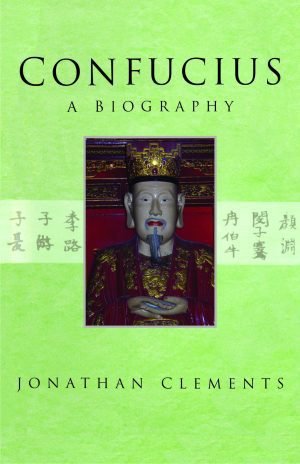Researchers on the Bombay Presidency, epigraphy, and the history and folklore of Karnataka have the advantage of a solid foundation laid by an extraordinary gentleman, John Faithfull Fleet. A British I.C.S. officer, whose love for India and its people is well documented, Fleet held various positions such as Assistant Collector, Magistrate, and Educational Inspector in the Southern Division, and Assistant Political Agent in Kolhapur and the Southern Maratha Country. His perception and views are to be found in his books and in the innumerable articles he contributed to various journals viz. Indian Antiquary, Epigraphia Indica,
The Journal of the Royal Asiatic Society and other journals of repute. He had the distinct advantage of knowing Sanskrit as well as Kannada in all its dialects. His books, The Dynasties of the Kanarese Districts of the Bombay Presidency from the Earliest Historical Times to the Muhommudan Conquest of A.D. 1318, The Inscriptions of the Early Gupta Kings and their Successors (1889), forming the third volume of the Corpus Inscriptionum Indicarum, are regarded as shining examples of his impeccable erudition.
He established a model for the modern scientific method of treating Indian epigraphical records and settled once and for all the true epoch of the Gupta era. His work on India was a pure labour of love.







Reviews
There are no reviews yet.